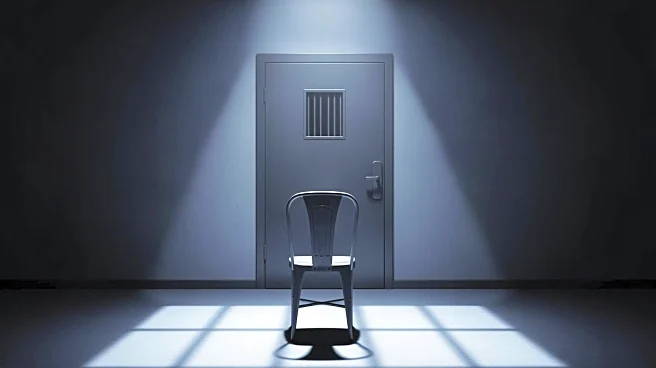Rapid Read • 8 min read
Anas al-Sharif, a correspondent for Al Jazeera, was killed in an Israeli airstrike in Gaza City. The attack also claimed the lives of his colleague Mohammed Qreiqeh and cameramen Ibrahim Zaher, Mohammed Noufal, and Moamen Aliwa. The incident occurred just weeks after Al Jazeera called for international protection for journalists working in Gaza. The deaths have stirred significant outrage and fear, highlighting the dangers faced by journalists in conflict zones. Al Jazeera has condemned the attack, emphasizing the need for accountability and protection for media personnel in war-torn areas.
AD
The killing of Anas al-Sharif and his colleagues underscores the perilous conditions journalists face in conflict zones like Gaza. This incident raises serious concerns about press freedom and the safety of media workers, who play a crucial role in providing independent coverage of global events. The attack may deter journalists from reporting in such areas, potentially limiting the flow of information and transparency. The international community, including media organizations and human rights groups, may increase pressure on governments to ensure the safety of journalists and uphold the principles of free press.
The international response to the killing of Anas al-Sharif is likely to intensify, with calls for investigations and accountability measures. Media organizations and advocacy groups may push for stronger protections for journalists in conflict zones, potentially leading to diplomatic discussions or resolutions at international forums. The incident could also influence future policies regarding media coverage in war-torn regions, as stakeholders seek to balance safety concerns with the need for independent reporting.
The broader implications of this event touch on ethical and legal dimensions concerning the rights of journalists and the responsibilities of governments in conflict zones. The attack may prompt discussions on international laws governing the protection of media personnel and the accountability of military actions that endanger civilians, including journalists. Long-term shifts could include increased advocacy for press freedom and the establishment of more robust international mechanisms to safeguard journalists.
AD
More Stories You Might Enjoy











